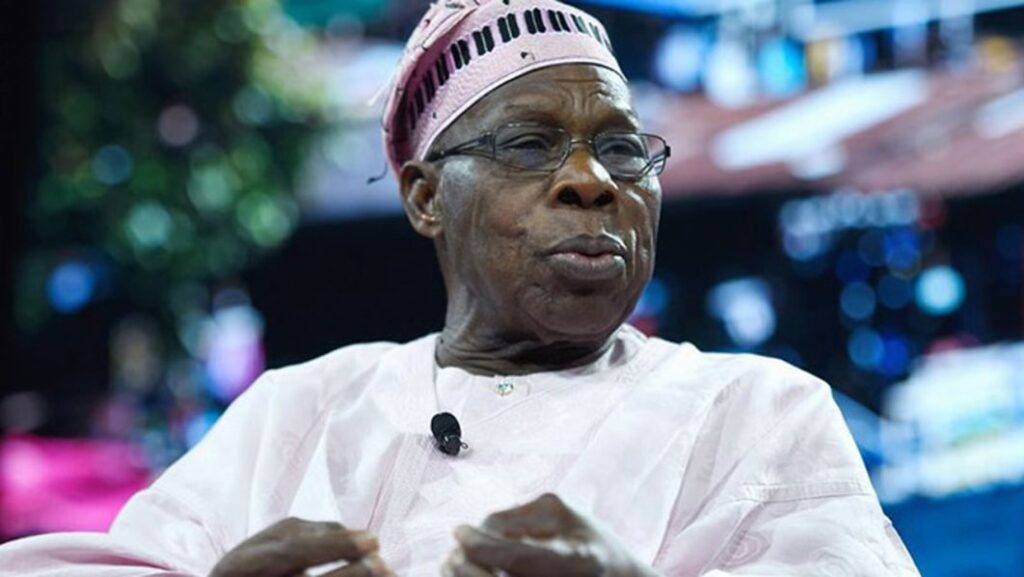Abeokuta, Nigeria – Former Nigerian President, Chief Olusegun Obasanjo, has voiced grave concerns over the current state of the nation’s judiciary, warning that the courts have become plagued by corruption and now function more as “courts of corruption” rather than custodians of justice.
The elder statesman made these remarks in his newly released book titled Nigeria: Past and Future, published by the Olusegun Obasanjo Presidential Library.
Obasanjo, a two-time leader who governed Nigeria as both a military Head of State and later as a democratically elected President, lamented the “steady decline” in judicial integrity, describing the situation as a threat to the country’s stability and democratic future.
“The reputation of the Nigerian judiciary has steadily gone down from the four eras up till today. The rapidity of the precipitous fall, particularly in the Fourth Republic, is lamentable,” he wrote.
In a scathing critique, the former President suggested that justice in Nigeria has become commodified, warning that such developments risk breeding instability, violence, and lawlessness.
READ ALSO: Obasanjo urges govt to retain Nigerian doctors with better incentives
“The great fear of most well-meaning Nigerians and good friends of Nigeria is that where ‘justice’ is only available to the highest bidder, despair, anarchy, and violence would substitute justice, order, and hope,” Obasanjo stated.
He recounted a personal anecdote from a visit to a northern Nigerian state, ten years after leaving office. According to him, a governor pointed out six duplex houses near the government guest house, claiming they belonged to a judge who had acquired them through proceeds made while chairing election tribunals.
Turning his criticism towards the electoral system, Obasanjo did not spare the current Chairman of the Independent National Electoral Commission (INEC), Professor Mahmood Yakubu. He accused Yakubu of compromising the electoral process since assuming office in 2015.
“No wonder politicians do not put much confidence in an election which the INEC of Professor Mahmood Yakubu polluted and grossly undermined to make a charade,” Obasanjo declared.
The remarks are likely to stir renewed debate about the state of Nigeria’s democratic institutions, particularly the independence of the judiciary and the credibility of elections. Obasanjo’s intervention adds weight to ongoing concerns expressed by civil society groups, legal practitioners, and political analysts over the integrity of governance structures in Africa’s most populous nation.
As reactions continue to pour in, many will be watching closely to see whether Obasanjo’s criticisms prompt a broader reckoning within Nigeria’s judicial and electoral systems—or whether they will be dismissed as yet another political broadside from a former leader known for his outspoken views.



